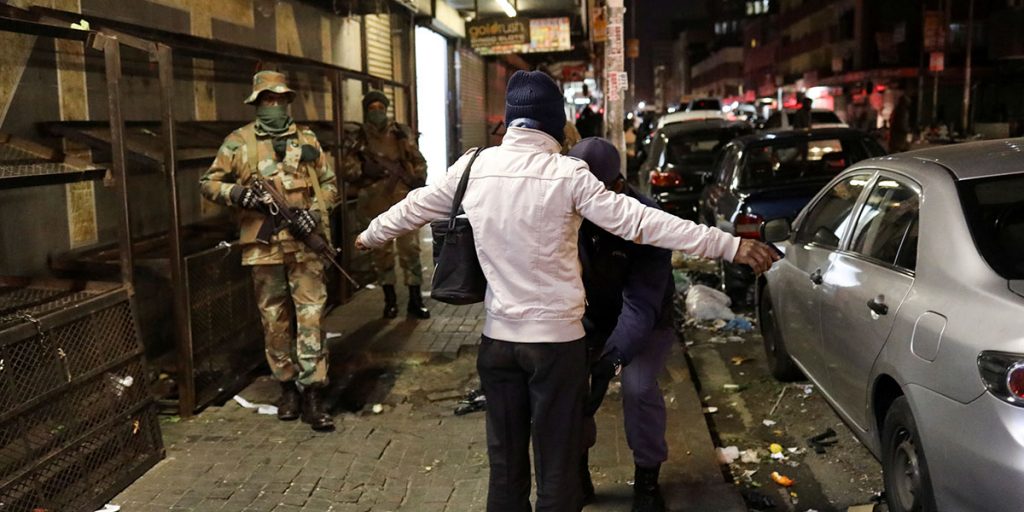
COVID-19 & Conflict
During the global crisis ACCORD’s analysis will be focus on the impact of the pandemic on conflict potential in Africa

During the global crisis ACCORD’s analysis will be focus on the impact of the pandemic on conflict potential in Africa
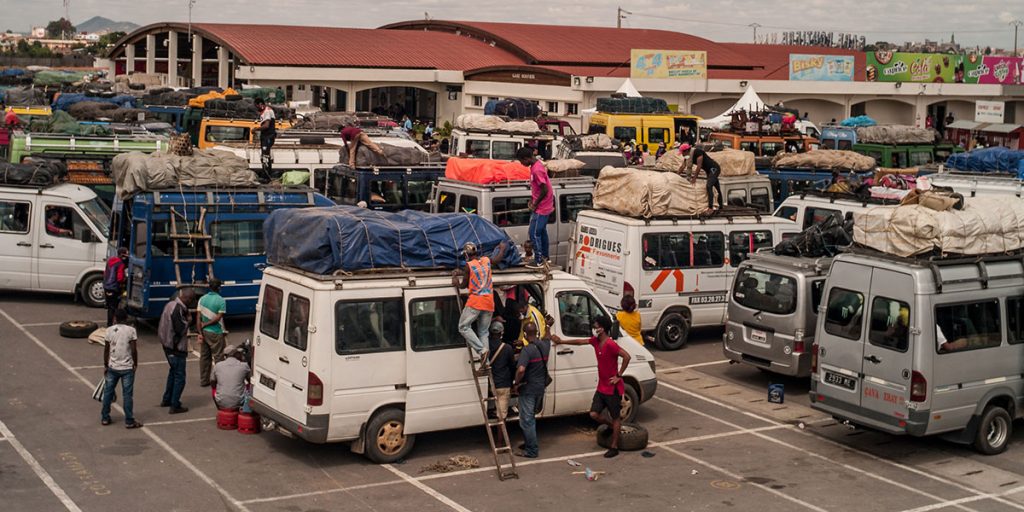
Border closures will negatively affect the availability of goods, the income of traders and the livelihoods of their families. It could also result in an increase in crime, and provide opportunities for exploitation by transnational organised criminal groups that specialise in smuggling and related criminal activities. In some cases border incidents, or other real or perceived actions or statements by states and border communities, can result in a deterioration of relations between states and border communities and, in extreme cases, in outbreaks of violence. All of these unintended consequences would have a negative impact on the ability of states to co-operate and co-ordinate their response to the COVID-19 pandemic.
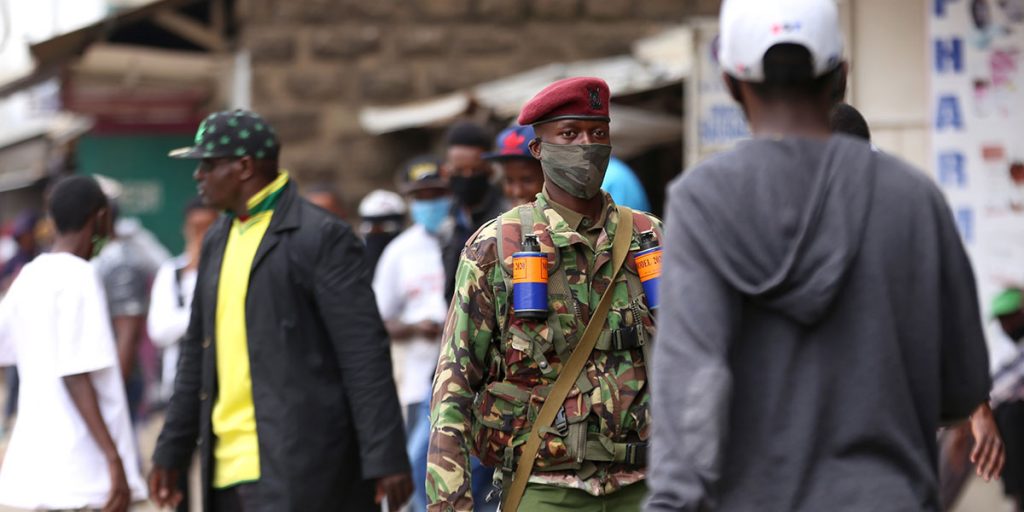
Narratives, myths, rumors, traditional media and social media reports, and statements (both official or unofficial) that apportions blame on foreigners, people of different identities, those affected by COVID-19, or frontline responders (e.g. medical care workers), lead to stigmatisation and discrimination, which in turn undermines social cohesion and constrains efforts to prevent and manage the spread of COVID-19.
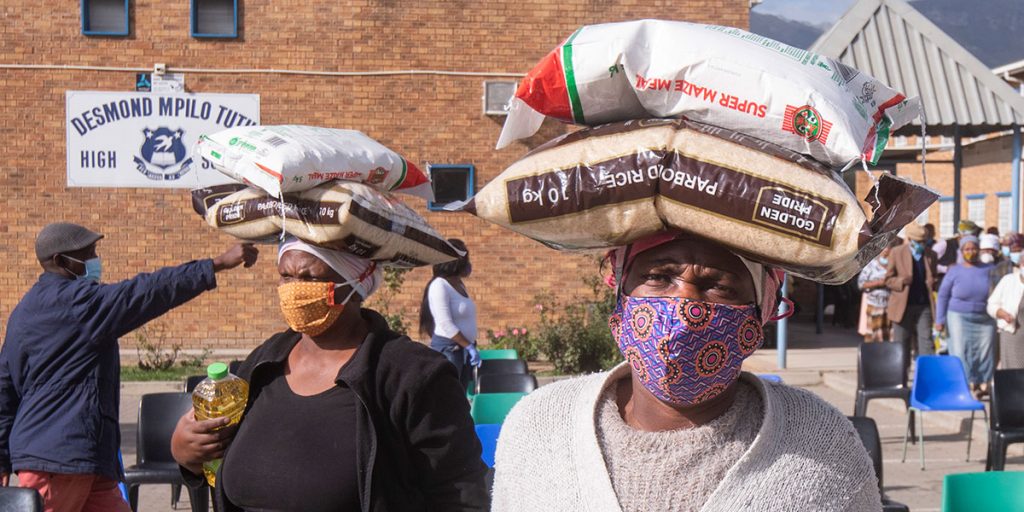
The degree to which there is adequate availability and fair access to basic necessities, including basic food items, medical services and supplies, information, communication, and other basic necessities, would influence the extent to which many countries on the continent are able to mitigate against possible social unrest and violence.
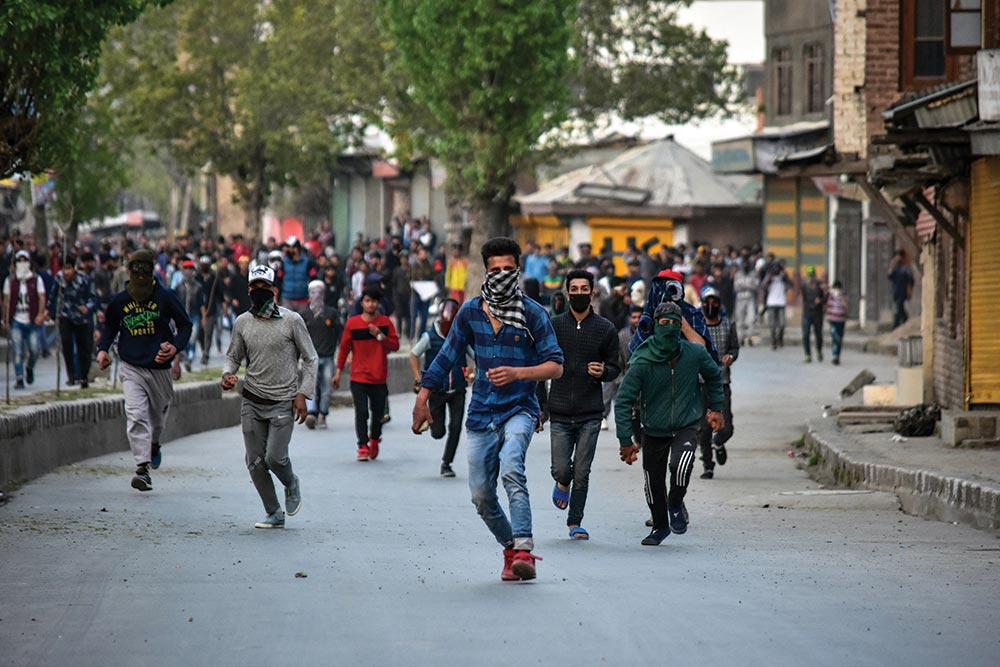
All the other categories that are being tracked by this Monitor may, in one or other form, contribute to the likelihood of social unrest or violence. Such incidents, if they occur, would have a negative impact on the ability of the state, and other social institutions, to contain the spread of the virus and to care for its victims. In those countries that have already had pre-existing social tensions or violent conflict, the spread of the virus, and the measures taken to contain it, could further exacerbate tensions and/or lead to an increase in violence.
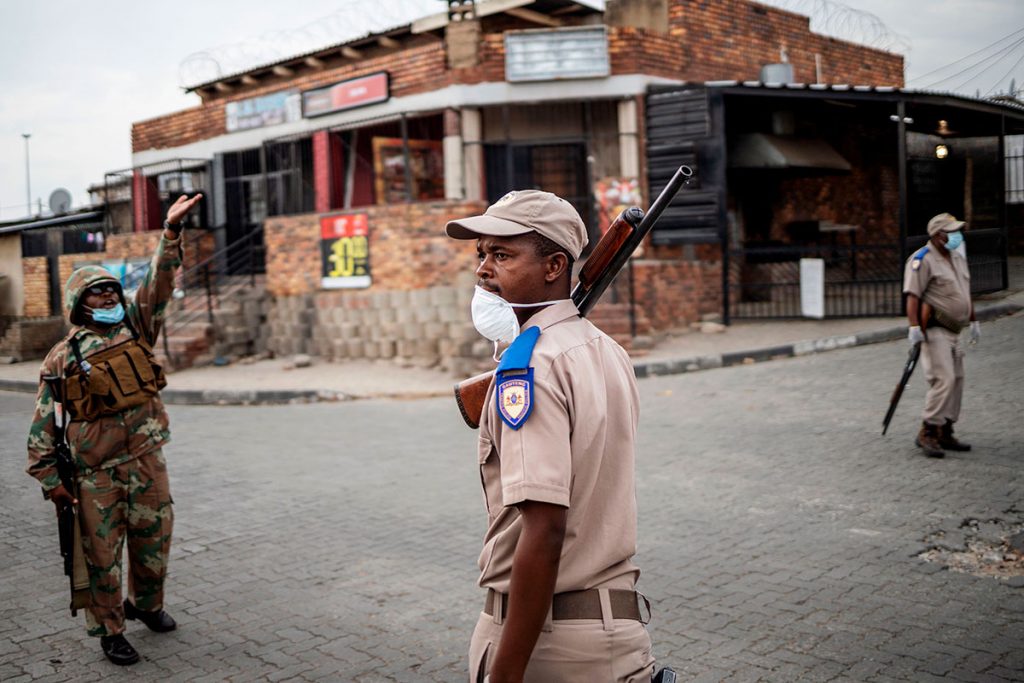
It is anticipated that real or perceived shortages of basic needs, and the disruption of normal functions and routines, caused by measures taken to contain COVID-19, could result in an increase in crime related incidents. An increase in crime can exacerbate existing tensions and lead to people either taking the law into their own hands or to social unrest, which in turn will place further demands on the police and criminal-justice system, and could lead to a further securitization of the COVID-19 response.
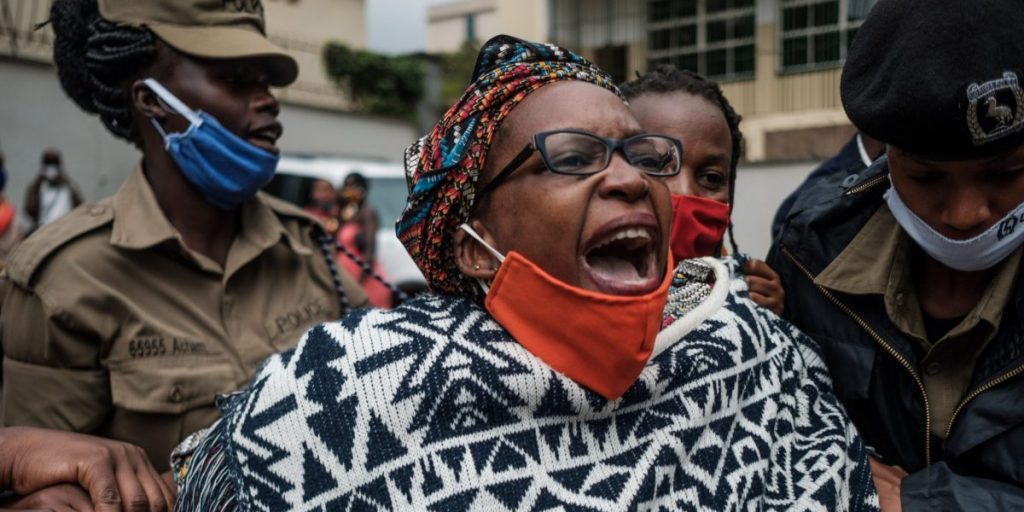
Domestic and gender based violence is expected to increase due to the rising tensions in the health, economic and other sectors. There is growing evidence globally that women and children who are in abusive relationships are at risk in places where governments have implemented social-distancing and lockdown measures. This is due to the fact that under lockdown and social-distancing measures they may not have immediate access to formal and civil society institutions who normally provide counselling, psycho-social support and other coping mechanisms.
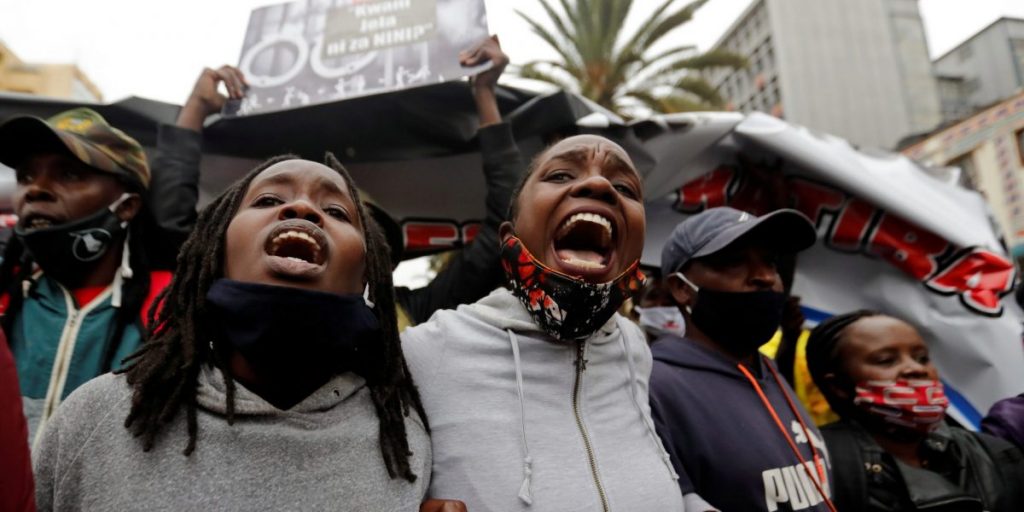
During the COVID-19 crisis ACCORD’s analysis will be focused on the impact of the pandemic on conflict and resilience in Africa.
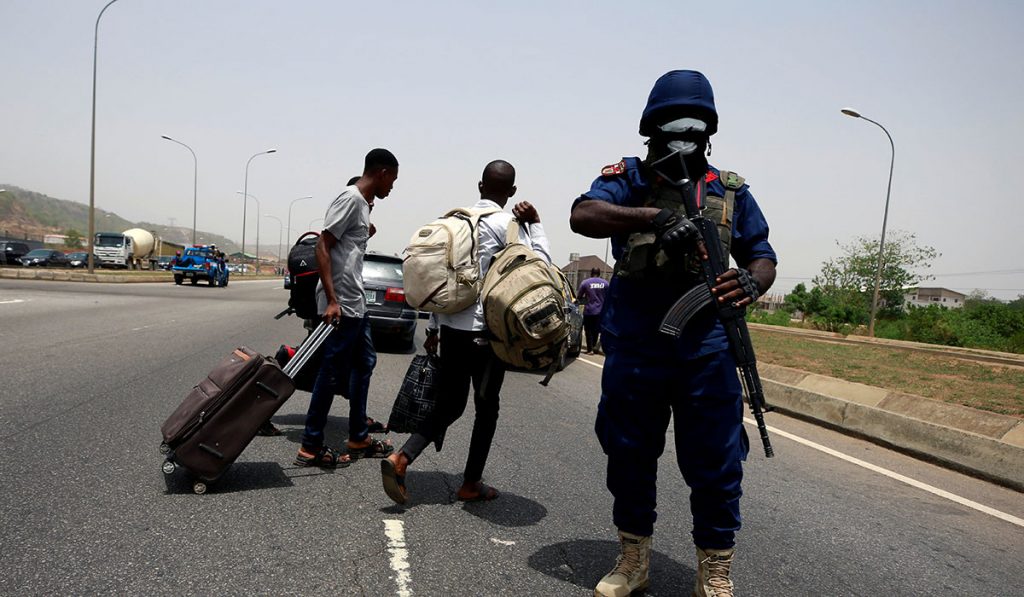
The most important factors that will determine the effectiveness of the measures introduced by governments to contain COVID-19 is the degree of trust that exists between citizens, the state and private sector institutions; levels of social cohesion and the resilience of formal and informal social institutions. For instance, levels of trust will be tested or strengthened by the ability of an institution to convey information openly, the actions of the public sector during the delivery of services, the actions of security services when implementing states of emergencies and other social-distancing measures, as well as the responsiveness (e.g. no price fixing) of the private sector during the COVID-19 period.

Funding Needed for the Next 20 Years of the Women, Peace and Security Agenda Source: Australian Strategic Policy Institute / Laura J. Shepherd As we celebrate 20 years of the